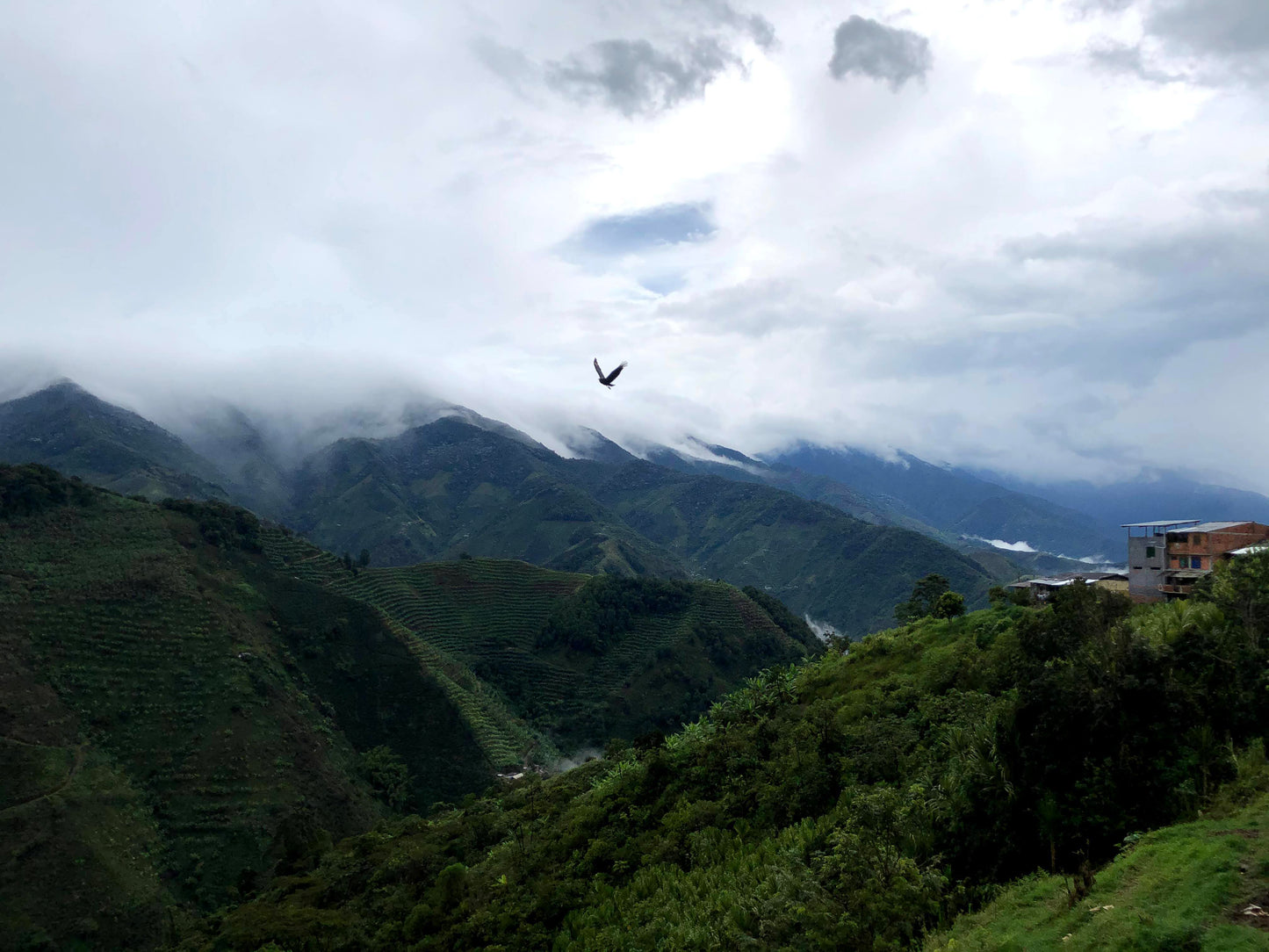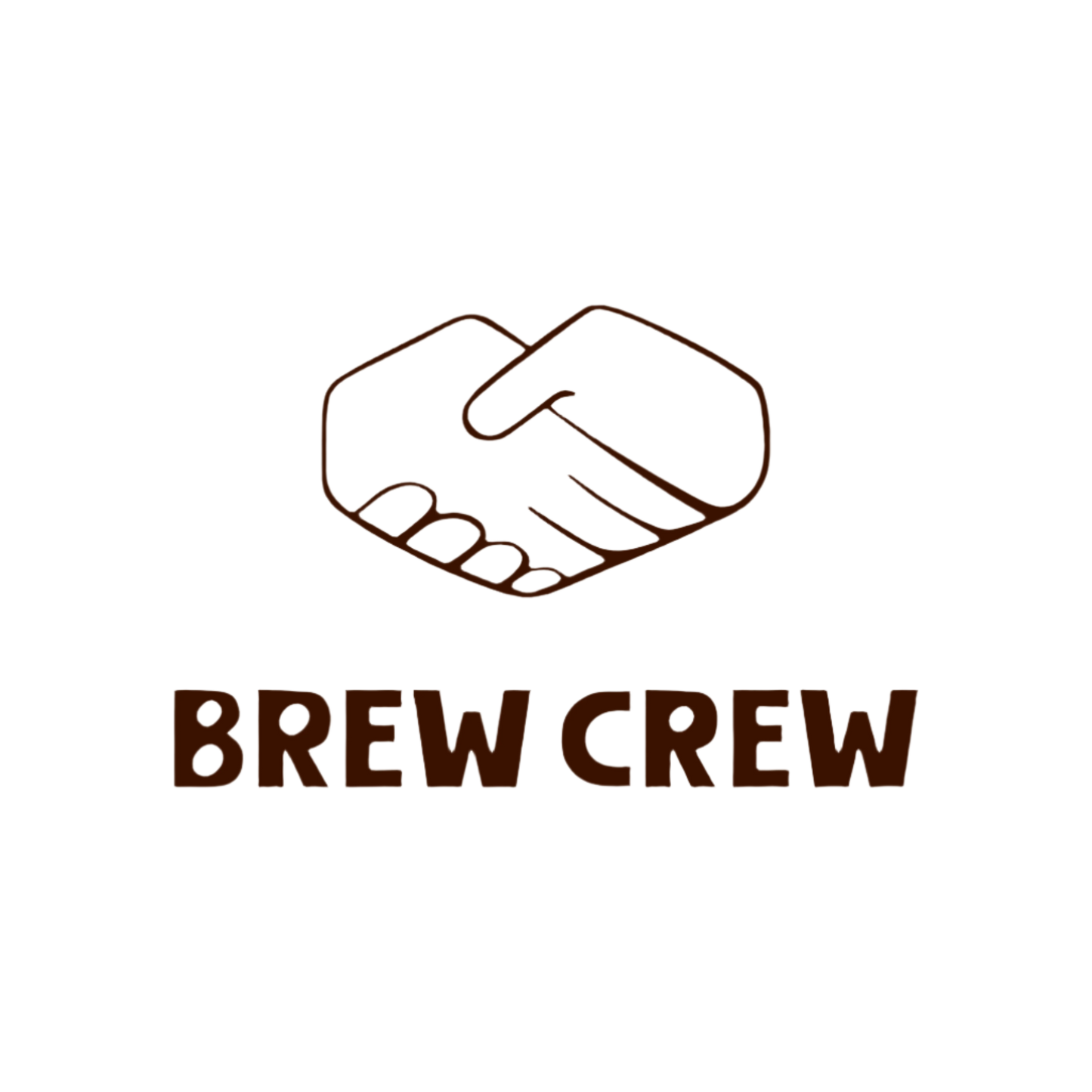
As we often mention, the coffee industry is full of claims of ‘ethical sourcing’, ‘direct trade’ and endless convoluted certification. So much so, that it can often be difficult to know how to ensure your coffee has been sourced responsibly, and better still, is making a real impact in its producer countries.
Coffee trading has an exploitative history, and has traditionally seen the global North take advantage of poorer countries by adding a disproportionate amount of value in the supply chain, in one-way trading relationships that fail to safeguard the producers or the environment. As a result of this, and an increased interest in ethical consumption, demand for ethical coffee has massively increased. This has led to an increase in popularity of coffee with certification (think Fairtrade coffee, Rainforest Alliance coffee, B-corp and the like).
Although it is brilliant that a demand has been created for greater care to be taken in the sourcing of coffee, unfortunately, sometimes certification does not guarantee perfectly ethical sourcing, and there is a need for greater transparency at every stage of the supply chain. This is a topic very close to us, and we have spent many hours of deliberation on the best way forward, using evidence-based analysis, and talking to producers at origin, to really make sure that all is being done to make the coffee industry fair for everybody involved, not just the roasters and consumers.
Focused research carried out by Beuchelt and Zeller (2012) found that participation in certified coffee production had no clear income effect for producers at origin. Instead, gross margins on yield levels, the business model and upgrading strategies of the cooperatives were found to be more important in improving incomes for farmers. Unfortunately, buying the most ethical, traceable coffee possible is not as simple as looking for a symbol on the packaging and taking that as gospel.
So how exactly do you make sure that your coffee has been responsibly sourced? Well fortunately, plenty of roasters in the UK do lots to ensure the coffee they source is ethical and traceable.
Green flags to look out for:
1. The region the coffee comes from
And not just the country of origin! Over half of Brazil’s states produce coffee, and Brazil is almost as big as the entirety of Europe.
2. Better yet, the name of the farm or cooperative the coffee comes from.
If the roaster knows exactly which farm or cooperative has produced the coffee, this is a good sign. This means that the coffee is traceable, and gives rightful recognition to the farmers.
3. Information on the importing process
Does the roaster let you know how they got the coffee? A good sign that your coffee has been ethically and transparently sourced, is solid information on the import process. Direct trade, long term trading relationships, and information about traceable importers are all promising claims to look out for. That being said, every roaster will have different definitions of these claims, so look out for the other green flags on this list as well!
4. Information on the price paid
Even better still, the most transparent roasters will give some information about the price they paid for the coffee, and ideally, how much of this goes to the farmers. As already mentioned, paying Fairtrade prices simply just isn’t enough in most cases. This can be found as an exact figure on each of our product pages.
5. Impact measurements
Some roasters also go above and beyond to ensure that they make an impact in the producer countries they source from. Look out for information about projects, or specific impact metrics that showcase real impact. At Brew Crew, we commit 10% of retail coffee sale price to projects at origin; this is our way of cutting through the buzzwords, and murky claims of impact, guaranteeing that 10% of the price you pay goes towards meaningful projects. Learn more about what we’re currently supporting here.
5. Willingness to chat about it!
Responsible roasters will usually be more than happy to talk about where their coffee comes from, and what they’re doing to ensure that it is sourced ethically. This is very important topic for us, so give us a shout at hello@brewcrew.uk if you have any questions at all about our sourcing strategy, and keep an eye out for further blog posts on the topic.
It can be a minefield, but roasters around the UK are doing some great work and helping to shift the coffee industry in the right direction. Look out for these things when buying your coffee, and you’ll help to do your bit to make the coffee industry fairer for everyone involved!


Very informative and insightful. Really thought-provoking.
This is great stuff lads!